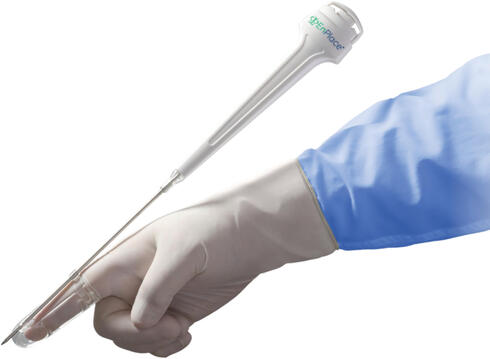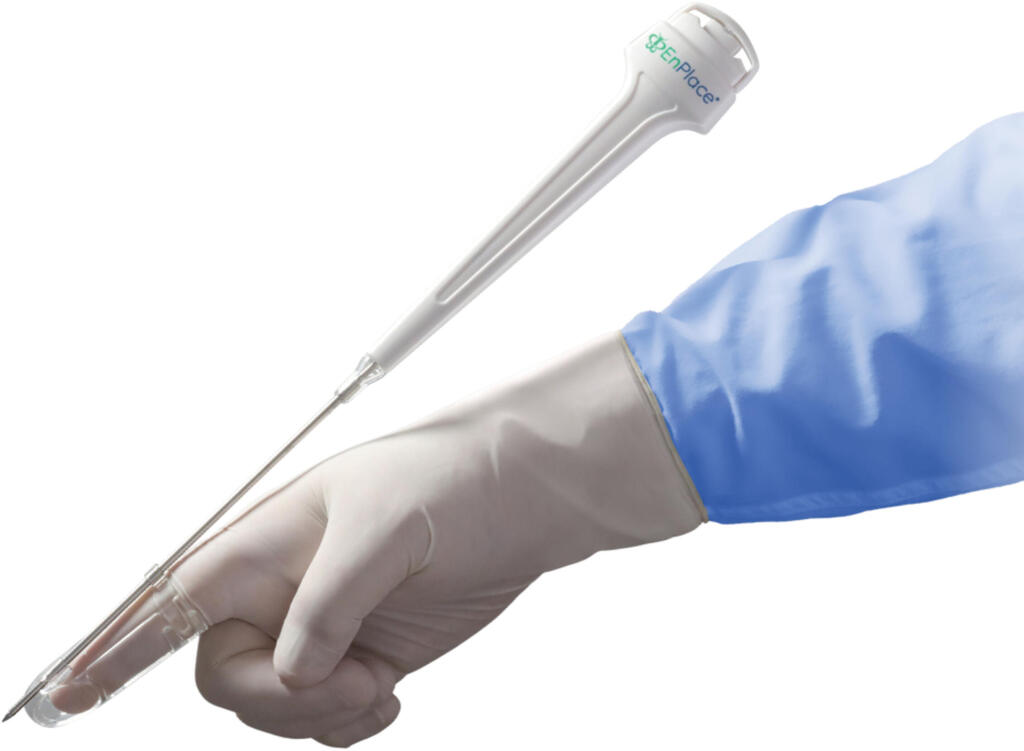
FemTech
FEMSelect transforms women's quality of life with innovative pelvic floor solutions
CEO of FEMSelect, Debbie Garner, spoke to CTech about FEMSelect’s mission to enhance women's quality of life through their solution for pelvic organ prolapse
When it comes to women’s pelvic floor health, “we’re really talking about a significant impact on quality of life,” says Debbie Garner, CEO of the Israel-based company, FEMSelect. Garner spoke to CTech about FEMSelect’s goal to provide solutions for women facing pelvic floor issues, specifically pelvic organ prolapse or POP. A common and yet under-discussed impact of childbirth, menopause, and aging generally for women is POP, a painful, debilitating medical condition that occurs when the normal support of the vagina is lost, resulting in the dropping of female pelvic organs from their normal position, including the uterus, bladder, vagina, urethra etc.
“Today there are no minimally invasive options on the market except for EnPlace,” Garner explains. FEMSelect is offering a new and innovative alternative, a minimally invasive approach to prolapse repair called EnPlace. EnPlace is FDA cleared and has been on the market since 2019. The implantation of EnPlace, a small and simple implant, is done with no deep dissection and no mesh in a procedure that takes only 25 minutes.
EnPlace is the only minimally invasive solution currently on the market. “There are some companies that call themselves ‘minimally invasive’ but they require what's called a deep dissection of the vaginal wall. It can cause all sorts of complications and the procedure itself is invasive, painful and requires a much longer recovery period for women just to get back to their normal lives,” Garner says. Most pre-existing solutions involve extremely long, painful and highly invasive procedures that utilize a material called transvaginal mesh, which the FDA has since withdrawn from the market after many health concerns were raised.
Other solutions for women who are unable or unwilling to go through such a painful and invasive ordeal have been to either remove the uterus (or other pelvic organ) or permanently and irreversibly close the vagina. It says a lot about the state of women’s health that, as Garner says, the options available to women are to “either take out their uterus or close off their vagina. Why would you remove one of my organs if I don't need it removed for some kind of cancer? And, why would you surgically close a woman's vagina?”
These solutions are about as unappealing - if not more so - than prolapse itself, and most women live with the pain and discomfort as a result. “There are about 3 million women in the U.S. with a diagnosis of prolapse, and only about 10% or 15% of those women go and have some kind of surgical permanent procedure,” Garner notes. She adds that there are an estimated 25 million more women who suffer from prolapse but have not been formally diagnosed. The global market for medical devices that addresses this problem is estimated to be worth $10 billion and expected to grow due to the aging population.
Women who give birth are at a particularly high risk, although it affects many more. According to the American College of Obstetrics and Gynecologists 1 in 4 women will experience POP in their 40s, and 1 in 3 in their 60s. By the time that women are in their 80’s it’s a 50/50 chance that they’ve had one of their organs drop out of place. Despite the fact that it impacts such a large number of women, like so many other areas of women’s health, POP has been seriously under-researched and underfunded. It’s an issue that most women themselves are poorly educated about, feeling confusion and shame about discussing the condition.
FEMSelect was founded in 2010 by Medical Director Professor Menachem Neuman and VP R&D Boaz Harari, and is led by Debbie Garner and co-CEO Renee Selman. They raised $9 million in their Series B in September 2022. The funding was led by the Herzliya-based TriVentures who have been FEMSelect’s primary funders since they were established, and co-led by New York-based New Age Ventures.














